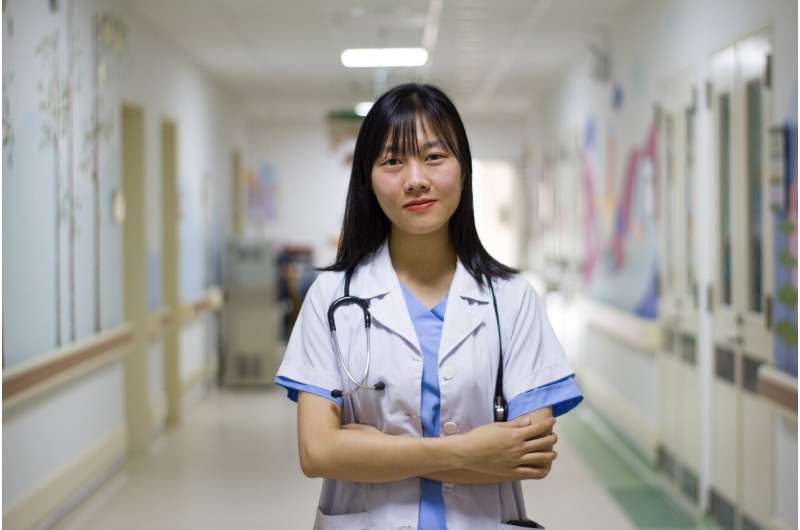Credit: Pixabay/CC0 Public Domain
One of the great ironies of lockdowns, border closures, and self-isolation during the COVID-19 pandemic is that medical students, as with so many other people in education, were forced online for their ongoing studies. Medical education, as with many other vocational areas of learning, requires its students to be very hands-on, at least for a fairly large part of the time. Research in the International Journal of Innovation in Education, has looked at medical education in Italy as it was affected by the pandemic.
Benedetta Agnelli, Silvia Oldani, Valeriano Vinci, Mattia Loppini, Ferdinando Cananzi, Damiano Chiari, and Licia Montagna of the Humanitas University in Milan, and Fabrizio Consorti of the Sapienza University of Rome, discuss how practical activities were relocated online so that students could continue to learn the requisite methodological and cognitive skills associated with medicine. Among those skills are understanding patient history (anamnesis), clinical reasoning, procedural skills, case discussion, and such. They discuss their experience of professionalizing activities in the form of e-learning and reveal the advantages and limitations so that others in medical education might learn from this experience.
Professionalizing activities are a vital part of the practical training at Humanitas University and so the pandemic presented many major challenges to the educators there hoping to train their undergraduate medical students to be good doctors. Thankfully, innovative technology at this point in history made it possible, despite pandemic lockdowns, for medical students to continue their training online albeit with some limitations.
The team suggests that, given the situation of the crisis in which humanity found itself, e-learning allowed training to be undertaken in such a way that students could improve reflection and self-learning aspects of their education in a way that traditional training did not necessarily facilitate.
More information: Benedetta Agnelli et al, Medical education in covid-19 pandemic: e-learning based professionalizing activities, International Journal of Innovation in Education (2022). DOI: 10.1504/IJIIE.2022.10049290
Provided by Inderscience
























